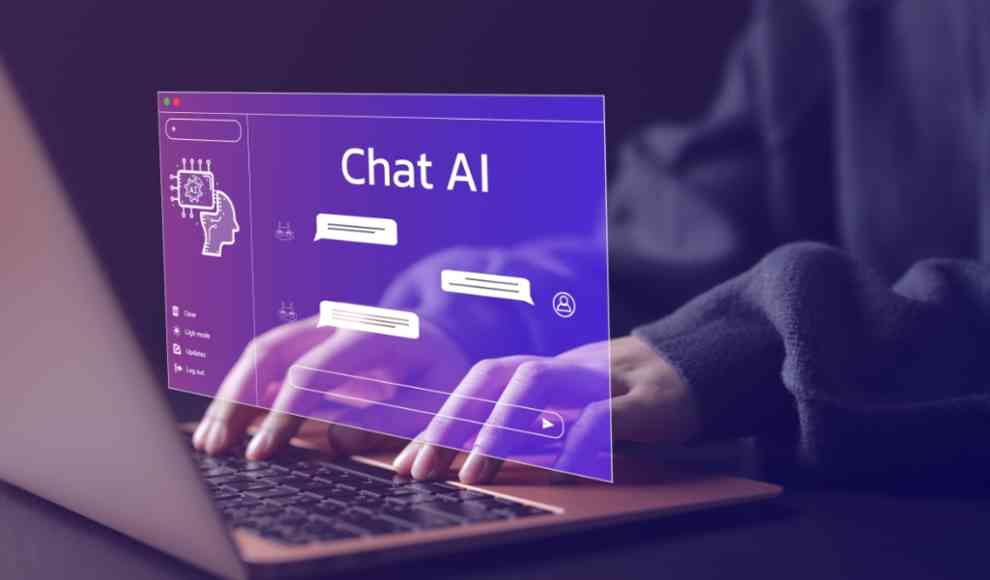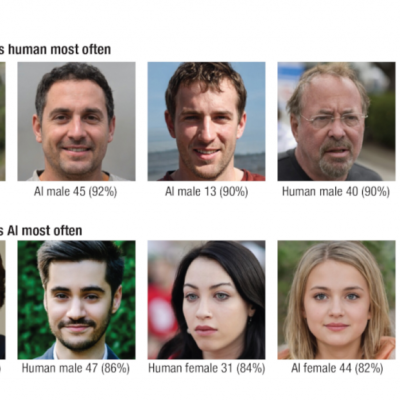In the digital age, researchers are developing AI chatbots to enable human-like conversations. However, a new study by a research team at Columbia University has revealed that even advanced AI language models like ChatGPT struggle to distinguish nonsense from natural language. The study tested various language models with hundreds of sentence pairs, some of which were nonsensical, to determine how these models compared to human evaluations. The results showed that even highly advanced models sometimes classified nonsense sentences as natural. These findings not only shed light on the limitations of artificial intelligence but also provide an exciting basis for exploring human language comprehension.
The desire to bridge the gap between human and machine communication has driven scientists and developers to create AI chatbots that can understand and process natural language. Large language models, a special type of neural network, form the backbone of these chatbots and promise human-like conversational abilities. However, recent research has shown that these models still struggle to distinguish nonsense from meaningful language, indicating that their language processing differs from human processing. The study by the Columbia University research team is a significant contribution to exploring this discrepancy.
The methodology of the study involved comparing human and AI model evaluations regarding the naturalness of sentence pairs. The researchers presented hundreds of sentence pairs to both study participants and AI models and asked them to evaluate which sentence in each pair sounded more natural. The study revealed a significant discrepancy between the evaluations of the AI models and the human participants, particularly in the evaluation of nonsense sentences. Despite the impressive performance of some models, the misjudgments reveal a clear gap in the understanding and processing of natural language by these AI systems, indicating potential areas for improvement in future developments in AI language technology.










